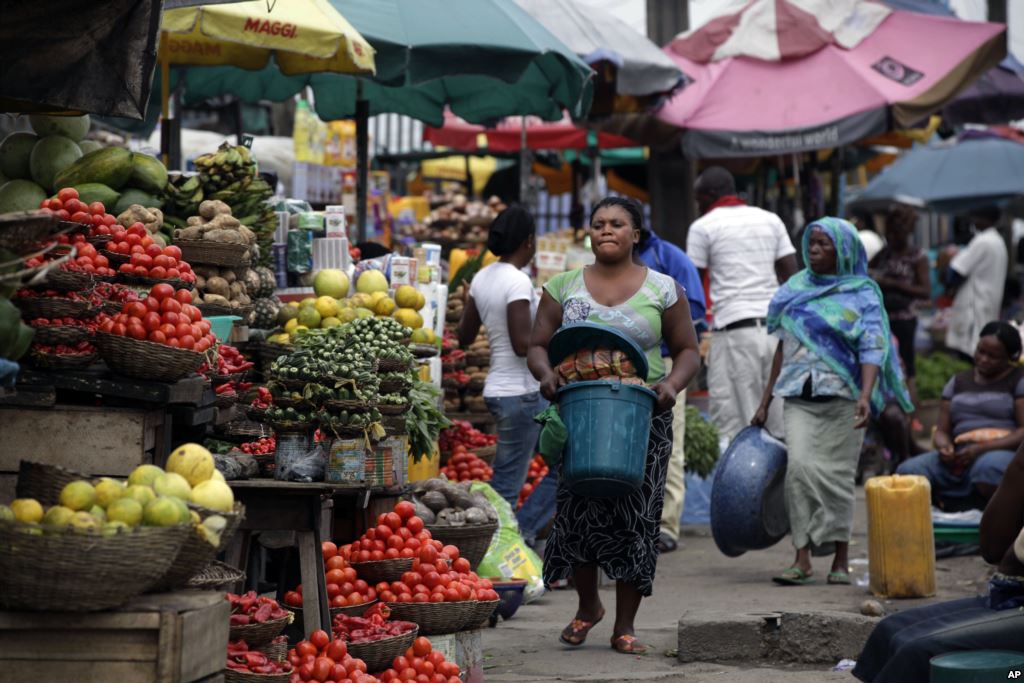
Two Presidential aides, Senior Special Adviser on Media and Publicity to the Vice President, Mr. Laolu Akande and Chief Economic Adviser to the President, Mr. Afolabi Adejumo, have said that Nigerians have been poor all along describing as ill-defined, claims that Nigerians are getting poorer. They said the country had always been a poor country, due to long-held misconceptions. According to them the Federal Government resorted to foreign borrowings, because the funding requirements of the country largely outweighs the amount of funds recovered from corrupt individuals so far.
Speaking in Abuja Laolu Akande, said the recoveries of looted funds had not gotten to the point to actually prevent the country from borrowing funds to finance the growth and development of the country. He said, “In the last two budgets, 2016 and 2017, there had always been a line that shows the estimate of how much we have to get as recovered funds, that is then put back into the budget as an income that would be used. I do not have the figures with me now, but each of our budgets, there is a figure that had been included to say this is how much we are hoping to be able to get from looted funds; we have done that in 2017 and in the 2018 budgets.
“When you compare the kind of money that we need with the money that we recovered, it would easily show why we are actually still needing loans. We have not been able to recover much as to prevent us from getting some of these concessionary loans. People, when they hear these figures, they think the money is enough. I think one of the highest figures in the 2016 or 2017 budget is N300 billion. But when you compare it with what we are trying to get which is $5.5 billion; you see that what we are recovering has not gotten to the point where it can actually prevent us from not taking the loans. Those loans are meant for infrastructure, which are very important.”
He said that the Federal Government is committed to the fight against corruption, adding that the presidency is beginning to enjoy the cooperation of Nigerians in the campaign. Akande faulted assertions that only the President and Vice President were committed to the fight against corruption, noting that a large majority of Nigerians had come to the realisation of this all-important campaign.
He said, “I do not think it is right to say it is only the President and the Vice President that is interested in the fight against corruption. Nigerians are beginning to understand that if we do not kill corruption, it would kill us. I believe that Nigerians, themselves, have indeed gotten to the point to understand that the fight against corruption has to be an all-out fight and the president is getting all the support that he needs in that aspect.”
Also speaking, Special Adviser to the Chief Economic Adviser to the President, Mr. Afolabi Adejumo, who faulted claims that Nigerians are getting poorer, stated that over the years, most people failed to realise the true status of the country. He said, “The assertion that Nigerians are getting poorer is nebulous and I would tell you why. Nigerians have always been poor; Nigeria had always been a poor country, just that most of us does not realise it. Nigerians always think that because we are an oil-producing country, we have an oil economy and we have so much money.
“The reality is that we are not an oil economy and the non-oil sector which is supposed to provide all the revenue, such as the taxes, is also left unattended. Hence, anything that happens to the oil price, we run caps in hand. That is to corroborate what Moody’s had said.”
He warned that if the current efforts of the Federal Government to fully diversify the revenue base of the country is derailed, Nigeria would likely fall back into recession if the price of crude oil drops to $28 per barrel. He said, “The truth of the matter is that should oil become $28 per barrel today, we enter back into recession,. That is the reality. That is why efforts at developing the non-oil sector are being intensified by the administration and you will see that in the 2018 budget. The oil receipt that is expected is like half of what you are expecting from non-oil sources.”
